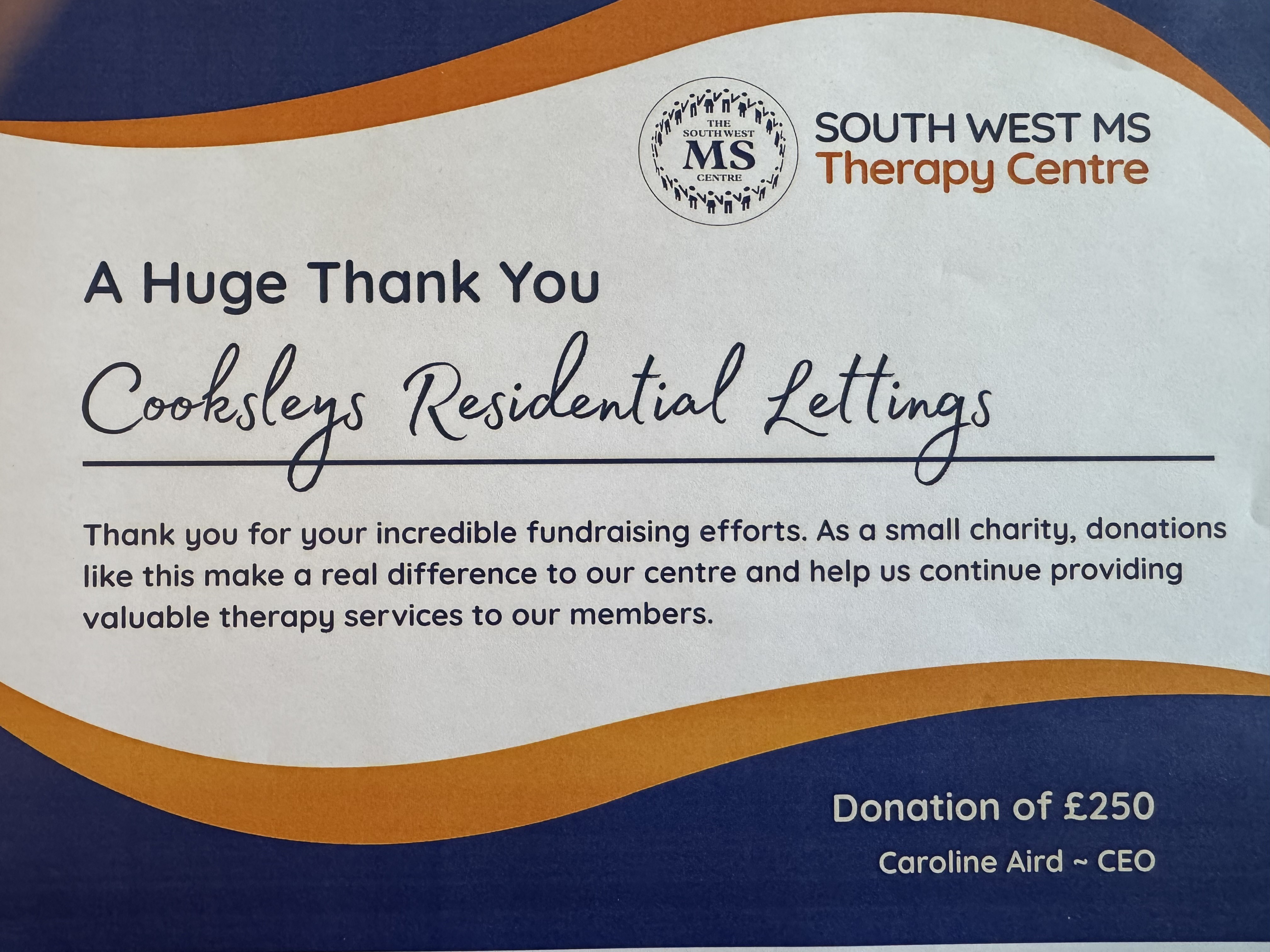Blog
- Details
- Hits: 23
The rental market in Devon remains strong and highly competitive as of late 2025/early 2026, characterized by high tenant demand, rising rental yields, and improved, though still limited, supply. The South West, including Devon, has experienced some of the highest rental growth in the UK.
Here is a summary of the positive rental market news in Devon:
Strong Performance and Yields
- High Yields for Investors: The South West rental market has seen yields rise to 6.0%, with consistent returns for landlords.
- Rising Rents: Rental prices have continued to climb across Devon, with average rents in the region reaching approximately £911 per calendar month. In specific areas like Exeter, average rents increased by 6.5% between 2024 and 2025.
- Strong Investment Potential: Confidence among landlords is high, with a reported 28% year-on-year increase in loans for new rental home purchases in the South West.
Location-Specific Highlights
- Exeter: The market remains robust due to a large student population and professionals relocating for work, leading to high demand in areas like St Leonards and Heavitree.
- Details
- Hits: 27
I recently sold a flat in Exeter with the sale being managed by Cooksleys.
The process was smooth and efficient, with good communication and most importantly a very friendly, professional service.
This was not entirely unexpected as Cooksley had been managing the letting of the property for around 20 years.
This was an exceptional service - for a very reasonable rate of commission the letting was managed with no fuss; minor problems were dealt with swiftly and making use of good, reliable trades. Anything more complex was managed through consultation, but also with the provision of well thought out solutions based on Cooksleys' long experience.
I am going to miss working with them, and would strongly recommend for sales or lettings. Thank you Team Cooksleys.
- Details
- Hits: 153
Christmas office opening times 🎄
Looking forward to a well earned break for all our busy team
We will be closing from Tuesday 23rd December at 5.30 pm and re opening Friday 2nd January 9am .
Just for emergencies only a telephone number is available on our answer machine .
Wishing you all a very Merry Christmas and a Happy healthy new year 🥂
- Details
- Hits: 163
We again this year have chosen to donate to an amazing charity instead of sending out Christmas cards .
We have donated £250 to SOUTH WEST MS THERAPY CENTRE
Wishing you all a Happy and Healthy Christmas and New Year
- Details
- Hits: 187







